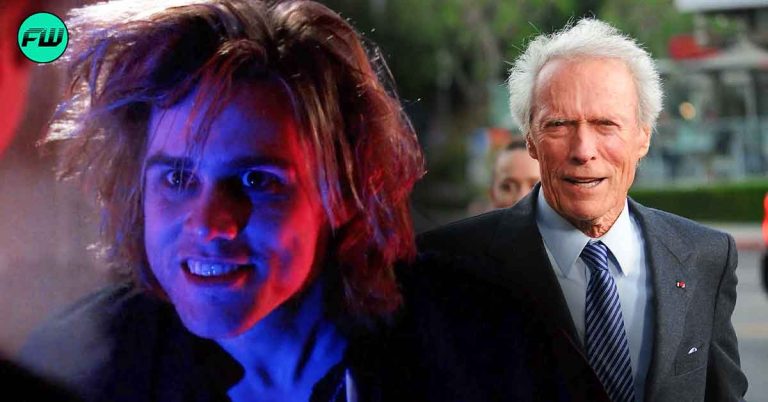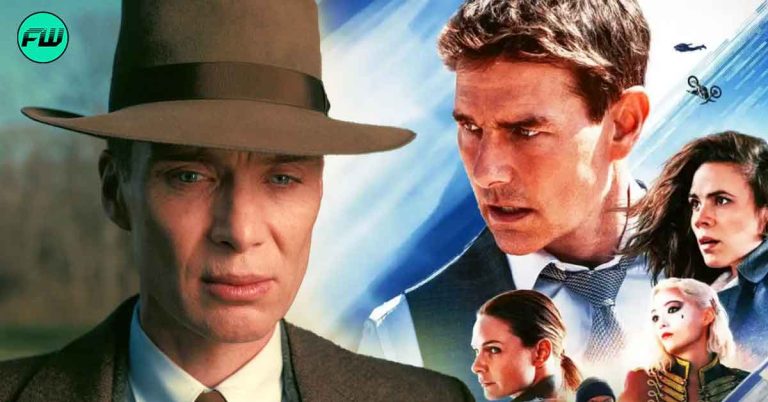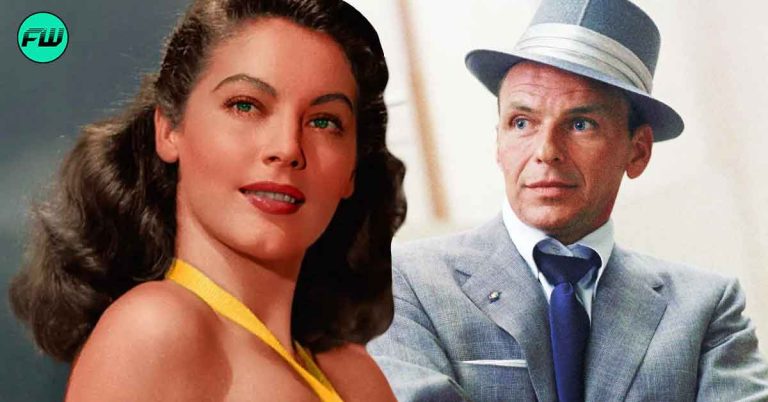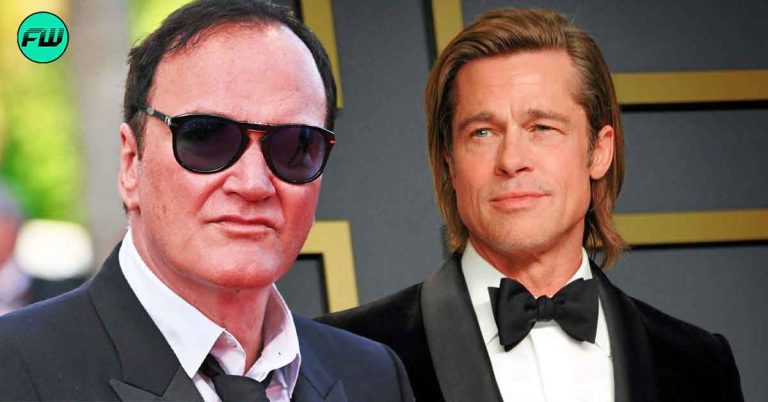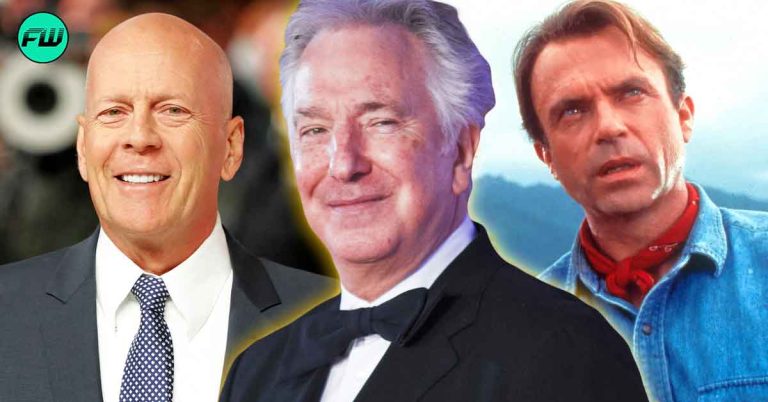You launch a survey around the globe, stick a portable microphone in random people’s faces, irrespective of demography or race or class or age, and ask them what their favorite film is – and the chances of them replying it’s Star Wars rates high in the probability chart. For Harrison Ford, however, the answer lies elsewhere. It is in the classics that he finds his refuge. And an actor of his caliber, artistic taste, command, and skill, would of course find no other film more befitting to his palate than the 1962 adaptation of the award-winning novel, To Kill a Mockingbird.

Also read: 15 Best Movie Adaptations Of Books Of All Time
Harrison Ford’s Appreciation For To Kill a Mockingbird
Harper Lee’s To Kill a Mockingbird is one of the greatest pieces of literature to exist in the canon of literary fiction. And it was similarly recreated on the silver screen in 1962. One of the greatest stars of our generation, Harrison Ford, thinks so too. The Star Wars actor has recently revealed in an interview with the American Film Institute that, to him, this film, its leading man, Gregory Peck, and the adaptation as a whole is simply the greatest artwork to have ever been made.
“If I had to pick just one film to which I had a very strong reaction and can remember vividly how I felt, it would be To Kill a Mockingbird. I think it had all of the elements of a great film. And it had such a strong moral register. I think that’s why I would say it’s very nearly my favourite film.
I think [Gregory Peck as Atticus Finch] was remarkable. It was impossible to see him act, he just didn’t do it. He brought truth and vivid storytelling to the screen but I don’t think he was so much interested in performance as he wan in storytelling. I admired him greatly.”
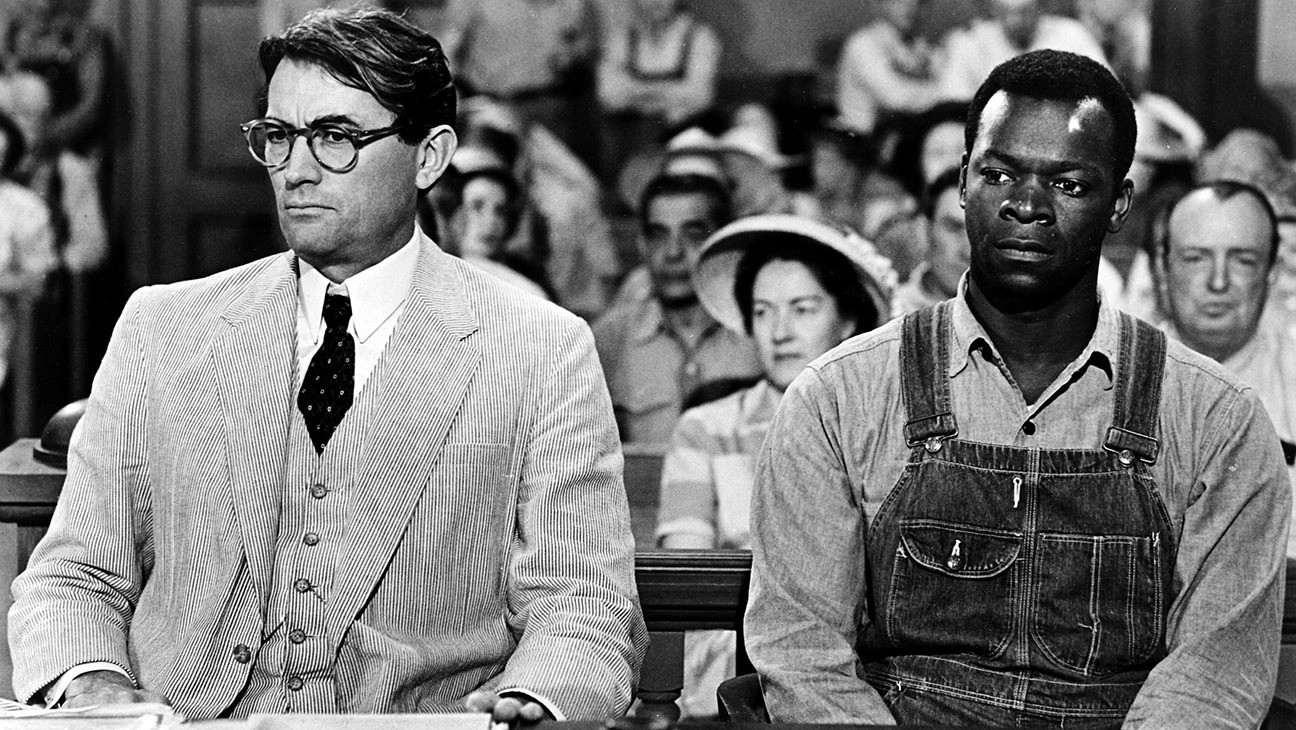
It might be surprising to consider how the Star Wars actor, who brought alive the sci-fi genre on the screens and became a hero to so many with his embodiment and portrayal of Han Solo, could so simply and blatantly shrug off his own contribution to the canon of cinematic history. The Lucasfilm franchise now stands at a staggering $51.8 billion in worth – a number that was greatly contributed to by Harrison Ford’s presence in the original trilogy.
However, it also serves to give the audience a peek into the 80-year-old’s mind and his incredible choice in films – a trait that somewhere along the way got blurred by the ambitious space-faring sagas and the Indiana Jones adventure thrillers that Ford so flawlessly depicted on the big screens for almost half a century.
The Artistic Beauty of Harper Lee’s To Kill a Mockingbird
The film, adapted from the eponymous novel published in 1960, portrayed the vehement racial injustice of the American South as was perceived by and consequently depicted through the eyes of a young girl in Depression-era Alabama. The socio-political system of the country became a moving subject in Harper Lee’s novel and the author brought out the volatile emotional distress and the desolate state of the society that we live in: one of the primary reasons why it immediately became a sensation and a phenomenon upon publication.
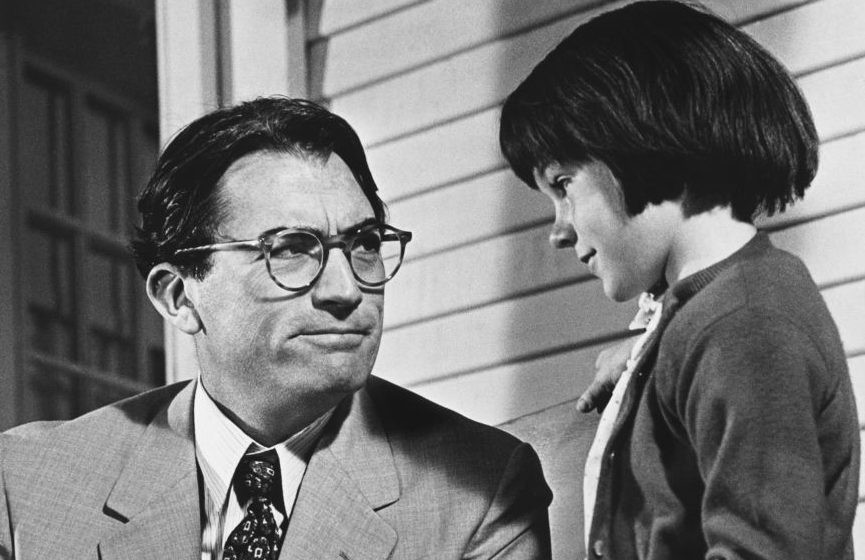
Also read: 5 Book-To-Movie Adaptations That Are Surprisingly Accurate
To Kill a Mockingbird went on to win the Pulitzer Prize in 1961 and was adapted into a film the year after, starring Gregory Peck in the lead with Robert Mulligan in the directorial chair. The film won an Academy Award nomination in the Best Writing (Adapted Screenplay) category.
Source: American Film Institute




